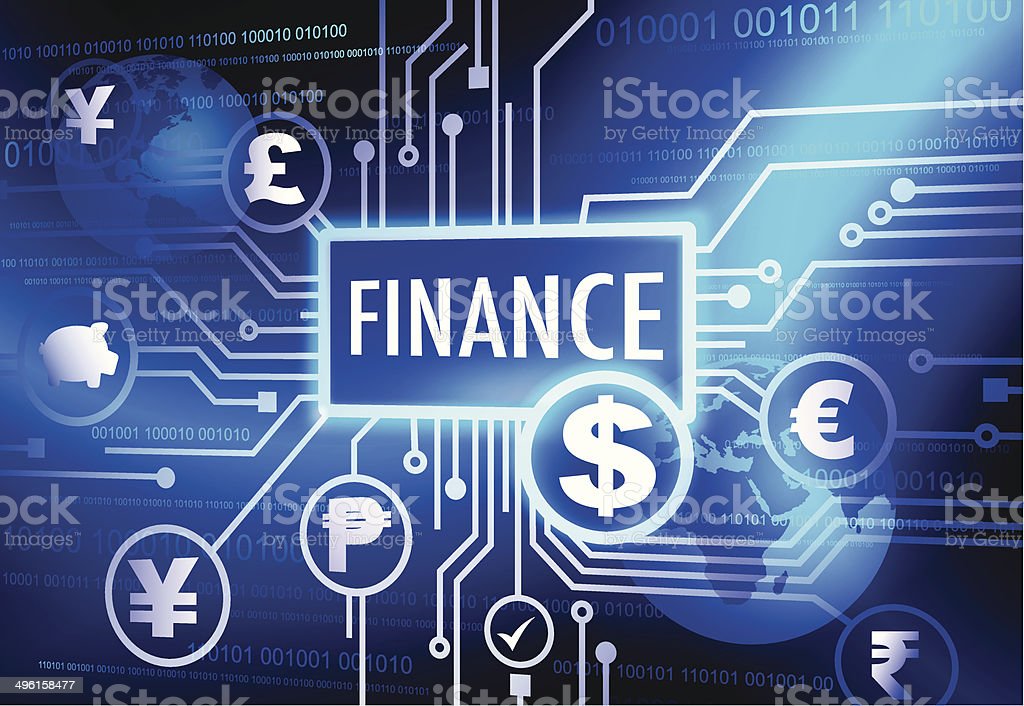Its quite notable to see the big four banks pass the rate cuts on in full, and immediately.
Tells you something about the market expectations, and the pressure the banks might be feeling.
I’d like to see a standard set of phrases around interest rate movements, for example reserve the word “slashed” for a reduction of >5%, “significant cut” for 3% - 5%, “cut” = 3% - 1%, and “tweak” for adjustments < 1%.
I bet journalists would prefer “massively decimated” for rate reductions of 0.0001 %
Can anyone explain what the nation’s economic plan is? I know why individuals are champing at the bit for lower rates, but how does it benefit Australia? The low rates–free money for a special, protected class of citizens–has seen a ballooning of asset valuations. How does Australia benefit from having her citizens unable to afford basic commodities like shelter? It spills over into everything. I assume the goal is to have wages rise to match the asset inflation, but that’s generous. That would be the sensible thing to do. But rates going nearly negative was not the sensible thing in the past, so good governance isn’t a motivator in these decisions. What does Australia want? How will it get there?
As an aside: ditch the big banks and join a credit union. Make the financial sector more democratic. Participate and prosper together.
The whole purpose of cutting the rate at this point in time is to keep inflation within the target band of around 2-3%
The Reserve Bank (and the economy as a whole) needs to have some amount of inflation. If for example there was 0% inflation or deflation (-%) people would hoard cash as the buying power of their money would increase over time and this would slow the economy as less goods would be produced as there is less demand.
By keeping inflation around 2-3% the RBA is encouraging you to not hold money as cash as it’s value is slowly eroded over time (see velocity of money for related info) this makes you spend it now (this is good for the economy).
Wages are related but also independent of these factors to some extent. You could have a 20% wage increase and not impact inflation or make it rise significantly.
less goods would be produced as there is less demand So that’s a bad thing?
From a capitalist/profit point of view I can see it is, but isn’t it good for everyone?
Like having less cars on the streets. That’s probably bad for profits, but good for everyone. Though I guess humanity is still very far from a point where people in power would be able to see it that way.
Yes, in reality, less consumption is a very good thing.
In capitalism less consumption is an existential threat and cannot be tolerated.
I really don’t understand this move from the RBA. We’ve just got inflation “under control” and their first thing is to then lower interest rates which will increase inflation?
There’s no link between the rates and inflation, inflation was caused by higher energy prices which pushed the cost of transport up. Other countries have been cutting rates for months and their inflation numbers are similar.
You better tell the reserve bank and most economists that rates don’t impact inflation, it would be some rather ground breaking news.
TL:dr : it’s because of fiscal policies, energy and mono/oligopolies. The fix is not to raise interest rates and push a bunch of people into unemployment and out of their houses, it’s tackling the various monopolies in the Australian economy, and reducing dependence on gas and oil. And taxing the rich.
And taxing the rich.
Ok you just gave yourself away lol.
The “rich” pay the overwhelmingly large majority of all the taxes in the country.
Oh, how dare I complain about the widening inequality in this country! Please let’s just go down the same road as the US so we can have Clive Palmer hire a bunch of college kids to cut costs everywhere.
In the USA, the founding fathers who wrote the constitution and founded the country were a bunch of college aged kids. That argument doesn’t work. They’re also not the ones cutting costs, they’re getting all the data and reporting it so Trump and his advisors can decide what to cut.
Widening inequality by itself isn’t just a bad thing that needs fixing. Rich people have more money to get more rich. That’s just how money works.
That’s how capitalism works without government intervention, until the wealthy are so wealthy they buy all assets and our politicians, yes. Eventually capitalism will eat democracy if you let it.
There’s no link between the rates and inflation
So why did they jack up the rates quickly and massively to literally try and curb inflation? lol You have no idea whta you’re talking about. Inflation is caused by people having and spending more money. Lowering interest rates means lower repayments which means more money in peoples hands for them to spend, pushing inflation up. Higher interest rates mean the opposite, which pushes downward pressure on inflation.
They did it because everyone else did the same and they wanted to look like they were doing something. Jacking up rates only works when the thing going up is discretionary spending instead of essentials.
Jacking up rates only works when the thing going up is discretionary spending instead of essentials.
Which it was.
The things going up were food, energy and housing. Those are all inelastic goods.
Definitely not the only things that were going up.




